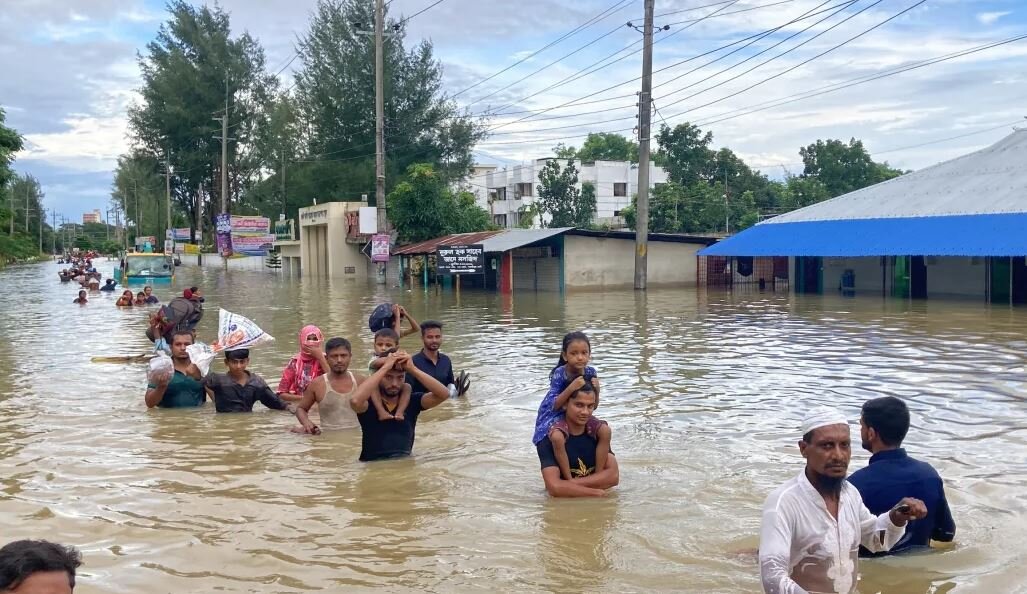Iran expresses solidarity with Bangladesh amid devastating floods

TEHRAN – The Iranian Foreign Ministry has extended its deepest sympathies to the people and government of Bangladesh following the catastrophic floods that have impacted more than 5.2 million individuals across the country.
In a heartfelt statement, foreign ministry spokesperson Nasser Kanaani conveyed his condolences to the families of those who have lost their lives in the disaster.
Kanaani emphasized that Iran stands firmly with Bangladesh during this tragic time, expressing solidarity between the two nations.
"The government and people of Iran are deeply saddened by the suffering caused by these floods and offer our full support to the people of Bangladesh as they navigate through this challenging period," he stated.
The ongoing floods, triggered by relentless monsoon rains and swollen rivers, have claimed at least 20 lives and caused widespread devastation across 11 districts in Bangladesh.
According to the Ministry of Disaster Management and Relief, the situation has been particularly severe in the eastern district of Feni, with other regions such as Chattogram, Cumilla, Noakhali, Sylhet, Moulvibazar, Brahmanbaria, Lakshmipur, Khagrachari, and Cox's Bazar also experiencing significant flooding.
Kamrul Hasan, the secretary of the Ministry of Disaster Management and Relief, detailed the dire situation during a press conference, noting that the flooding has severely disrupted daily life and caused extensive damage to infrastructure.
In response to the disaster, around 3,160 shelters have been provided for those displaced by the floods, with 188,739 people already seeking shelter. Additionally, 637 medical teams have been deployed to the affected areas, offering much-needed healthcare services to those in crisis.
The floodwaters have isolated many communities, cutting off access to essential supplies such as food, clean water, medicine, and dry clothing. Rescue and relief operations have been hampered by blocked roads, making it difficult to reach those in the most remote and hardest-hit areas.
Leave a Comment